Rajshahi, Oct 26 (V7N) — Chandopara, a small village in Jahanabad Union of Mohanpur upazila, Rajshahi, has undergone a remarkable transformation through women-led agriculture. Once characterized by minimal female participation in farming, the village is now widely recognized as the “Ginger Village” due to the extensive ginger cultivation carried out by local women in household courtyards.
Field visits reveal that over 50 families are actively engaged in cultivating ginger in bags, ranging from 200 to 500 bags per household. According to the upazila agriculture office, approximately 12,000 bags of ginger have been planted in the village this season alone.
Beyond ginger, women in Chandopara are also growing bay leaves, black pepper, and the traditional South Bengal spice “chuijhal.” They have established family nutrition gardens, vegetable cultivation racks, onion seed beds, and vermicompost units for organic fertilizer production within their homes, fostering self-reliance and sustainable farming practices.
The village women have formed a cooperative society, contributing monthly savings, renting out agricultural tools such as mini tillers, sprayers, and dryers, and providing small loans to each other at minimal interest. All transactions are conducted through bank accounts, with monthly resolutions passed during meetings. Cooperative members are also trained in modern agricultural techniques.
Assistant Agriculture Officer Khadijatuzzohra of Mohanpur Upazila regularly provides guidance and training to the women. She stated, “Chandopara’s women have become self-reliant. Although initial support was limited, their initiative and hard work have led to successful ginger cultivation. Their dedication is the key strength.”
Sabina Begum, Chairperson of the Chandopara Partner Farm Service Center, said, “Previously, we were confined to household chores. Now, with guidance from the agriculture office, we cultivate ginger systematically. This generates additional income for our families and ensures nutritious food at home. Our village is now known as Ginger Village, and we aim to develop it further as a ‘Spice Village.’”
Mariam Begum, a local housewife, shared her experience: “With my rickshaw-puller husband’s income, supporting a family of five was nearly impossible. Two years ago, I started cultivating ginger in our yard and nearby plots. The income has helped repay debts and maintain our household independently.”
Mohanpur Upazila Agriculture Officer (UNO) Kamrul Islam highlighted, “The initiative began with just 1,000 bags of ginger. Thanks to the women’s commitment and hard work, it has expanded to 12,000 bags. This success sets a benchmark for women’s empowerment across the upazila.”
He added that Chandopara’s collective effort is creating a new chapter in rural development. Women who once struggled to manage household expenses are now generating income by renting agricultural equipment, selling spices in the market, and achieving self-sufficiency. Ginger Village stands as a symbol of women’s empowerment, food security, and sustainable agriculture in Rajshahi, demonstrating how organized effort and determination can transform rural economies.
END/MRA/SMA/



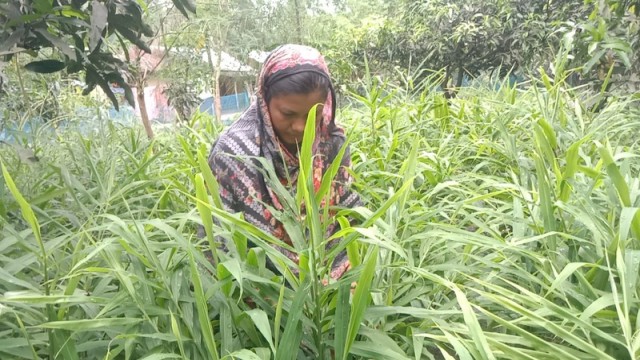
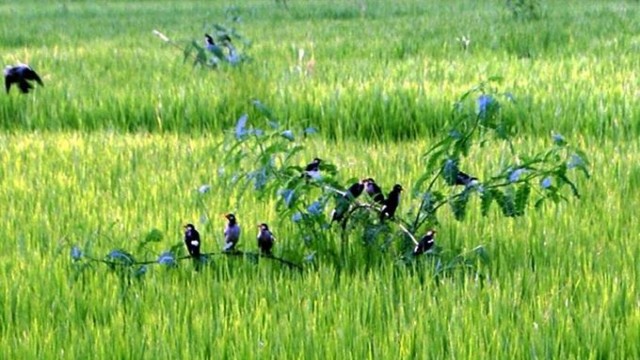


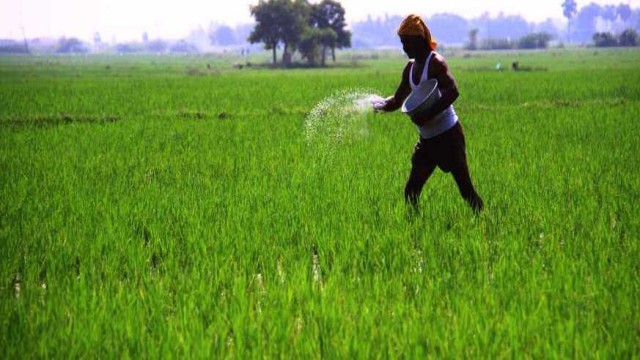
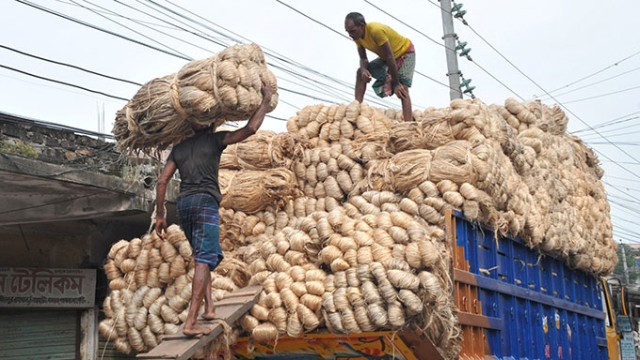
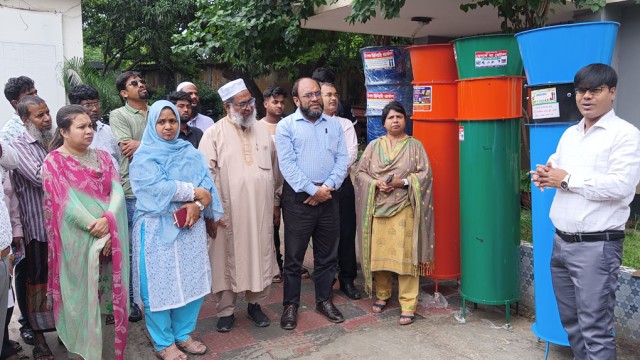
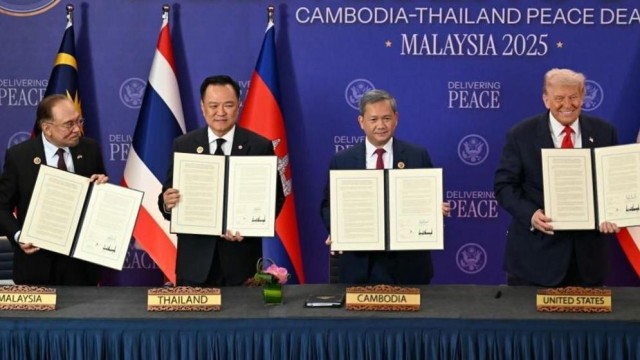













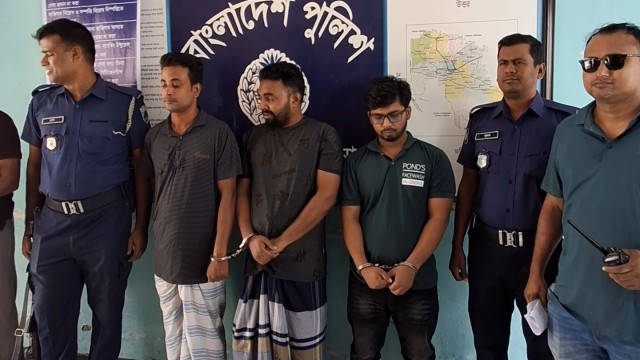




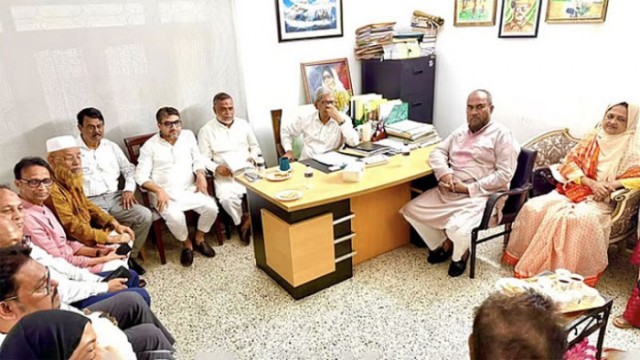

Comment: